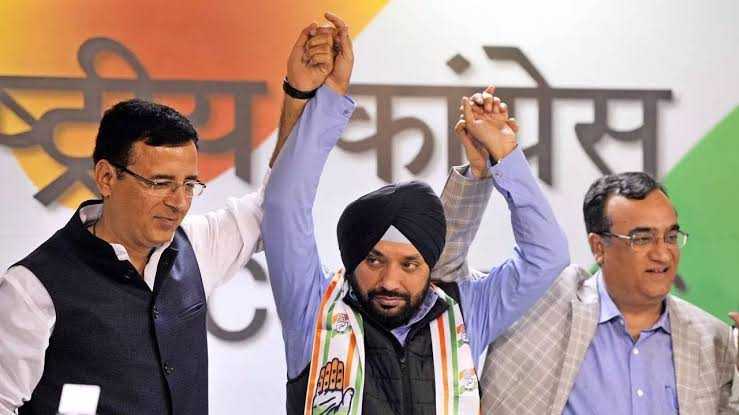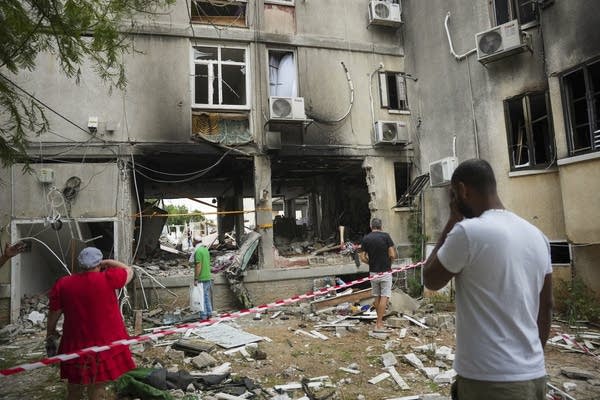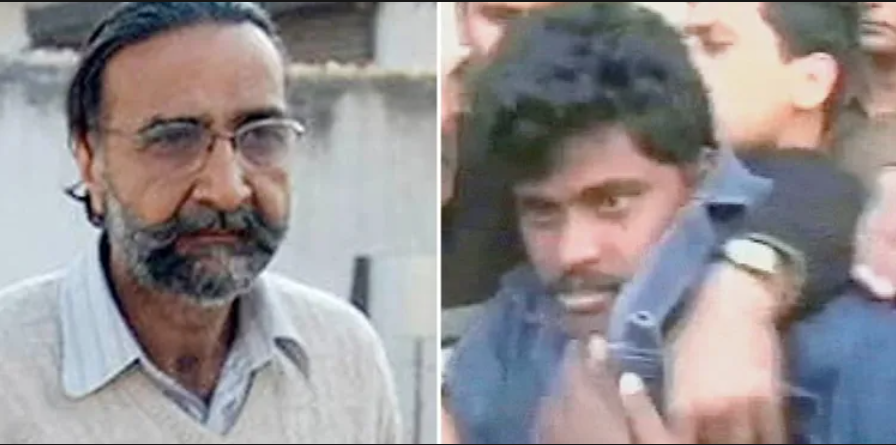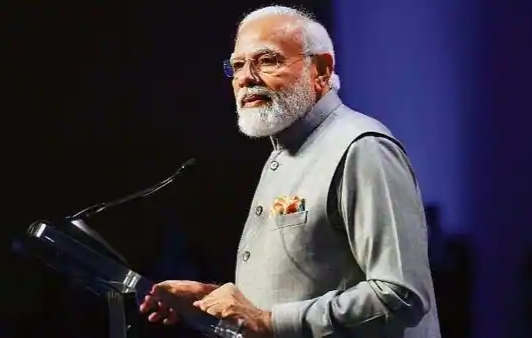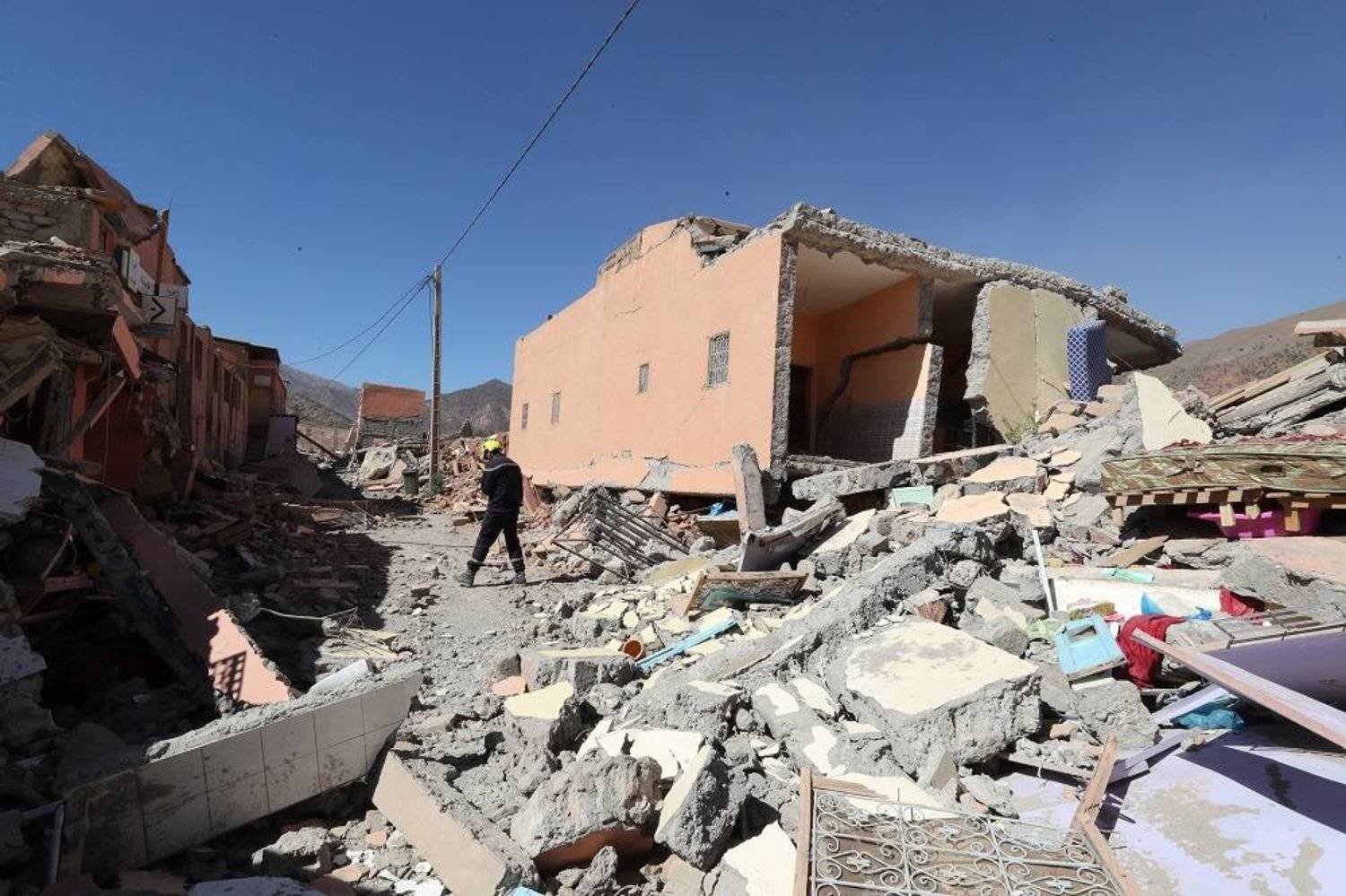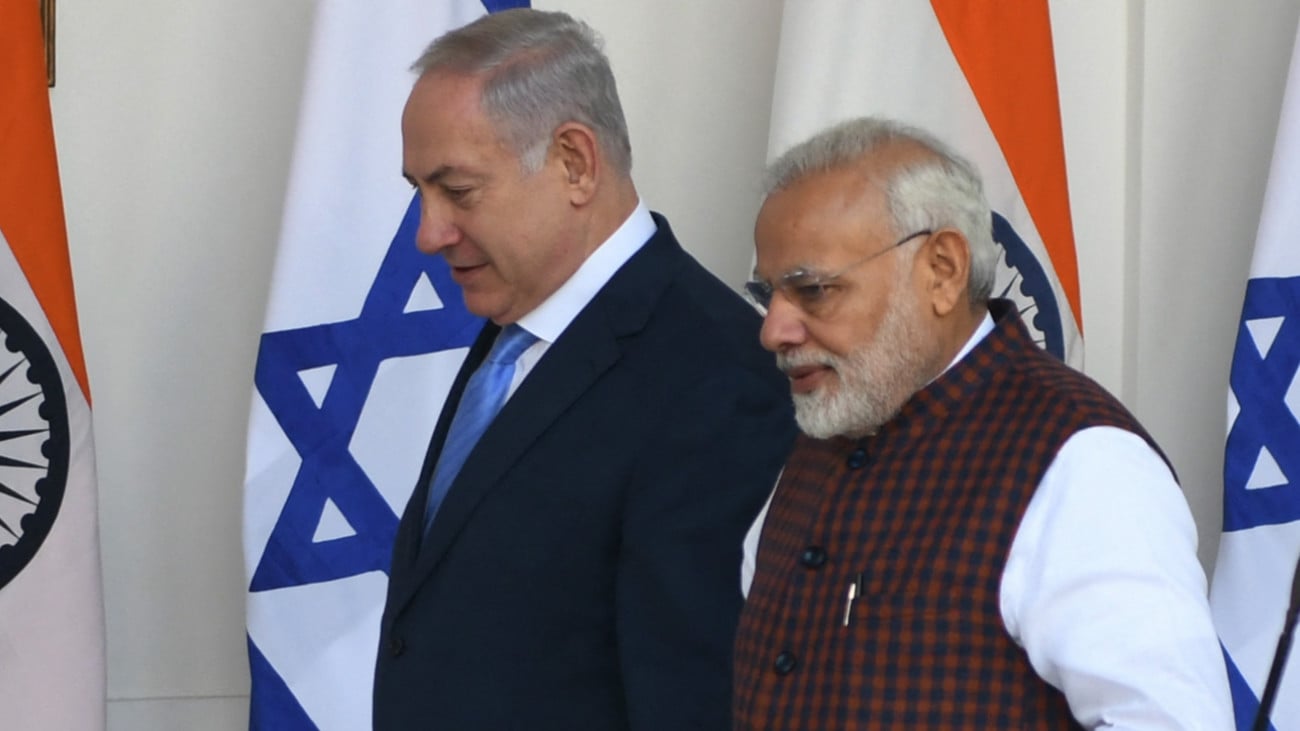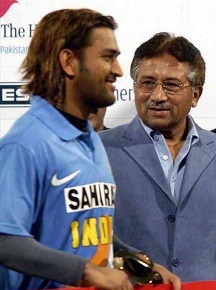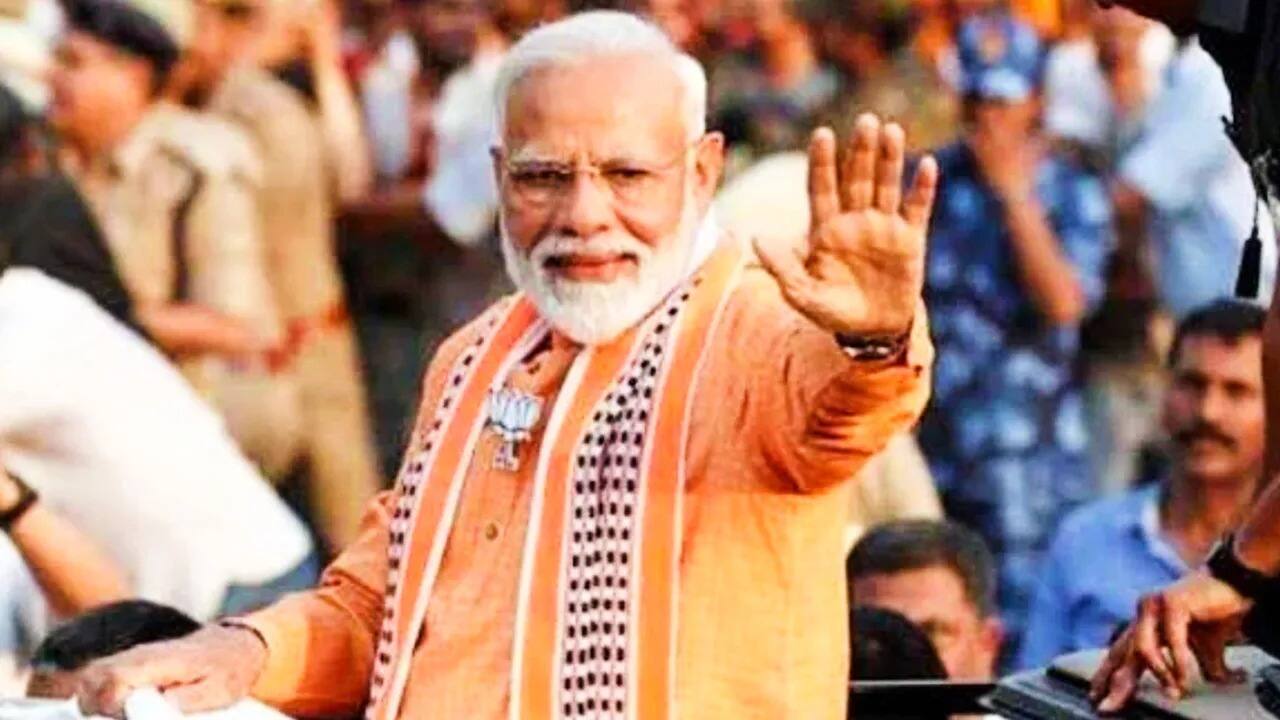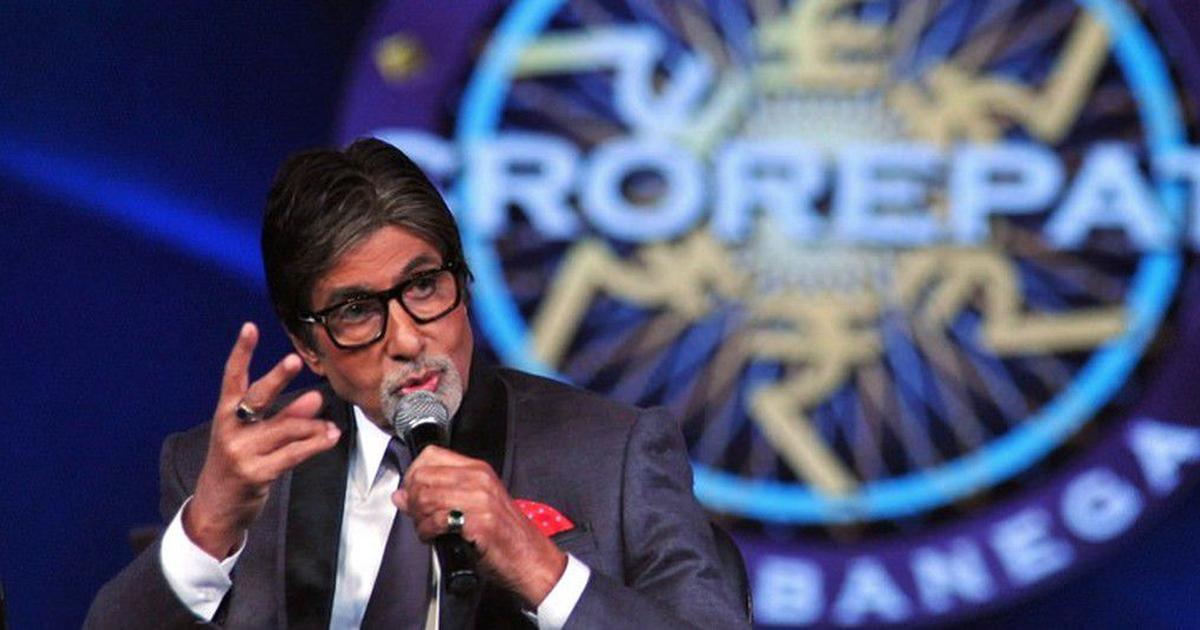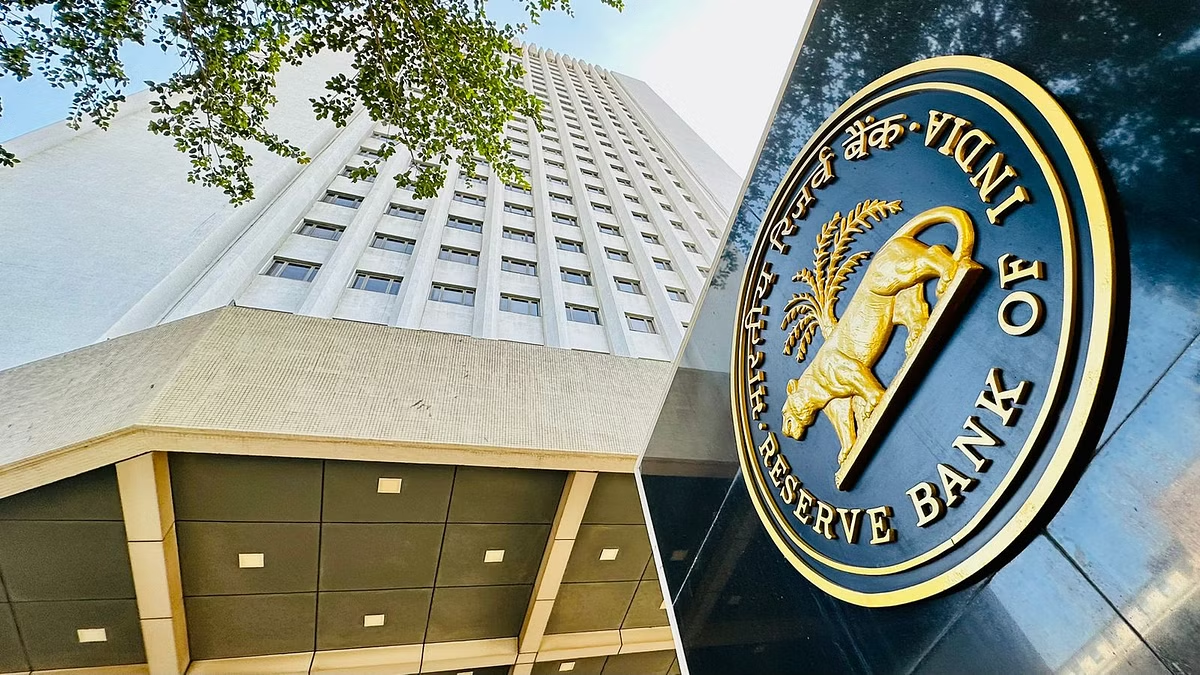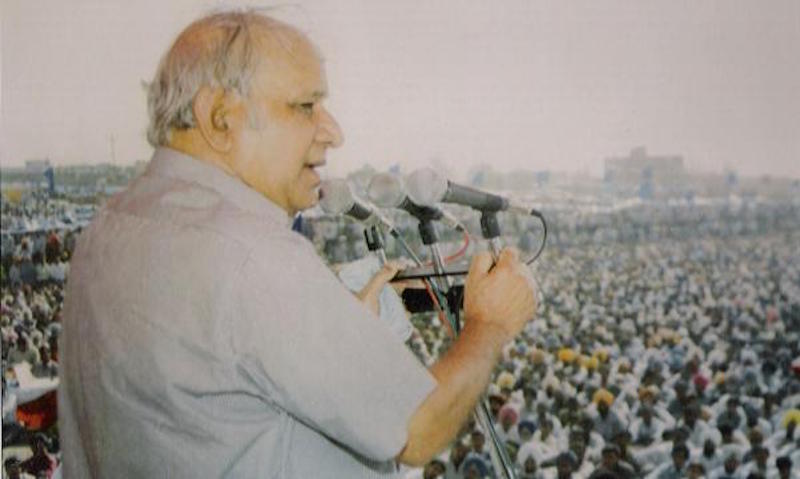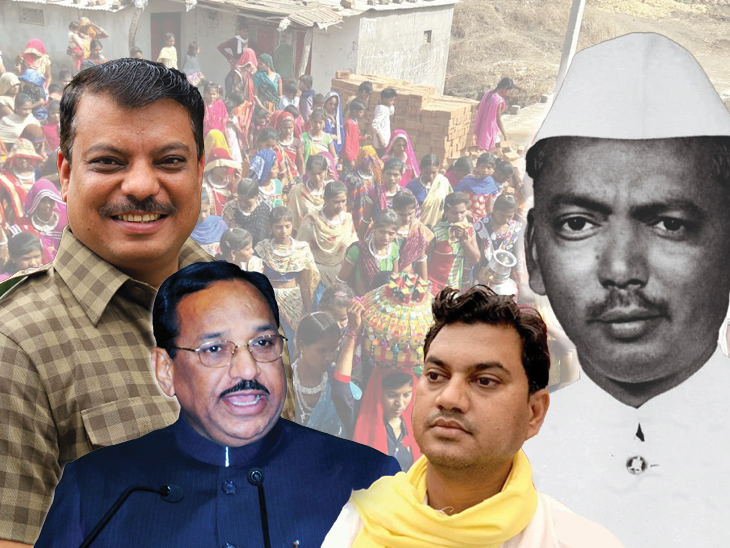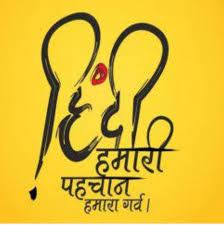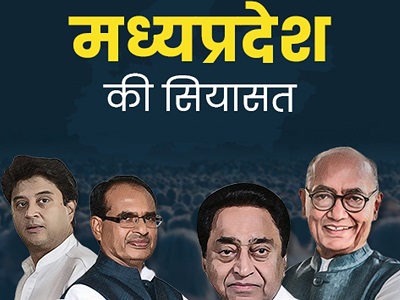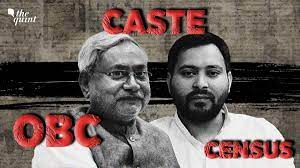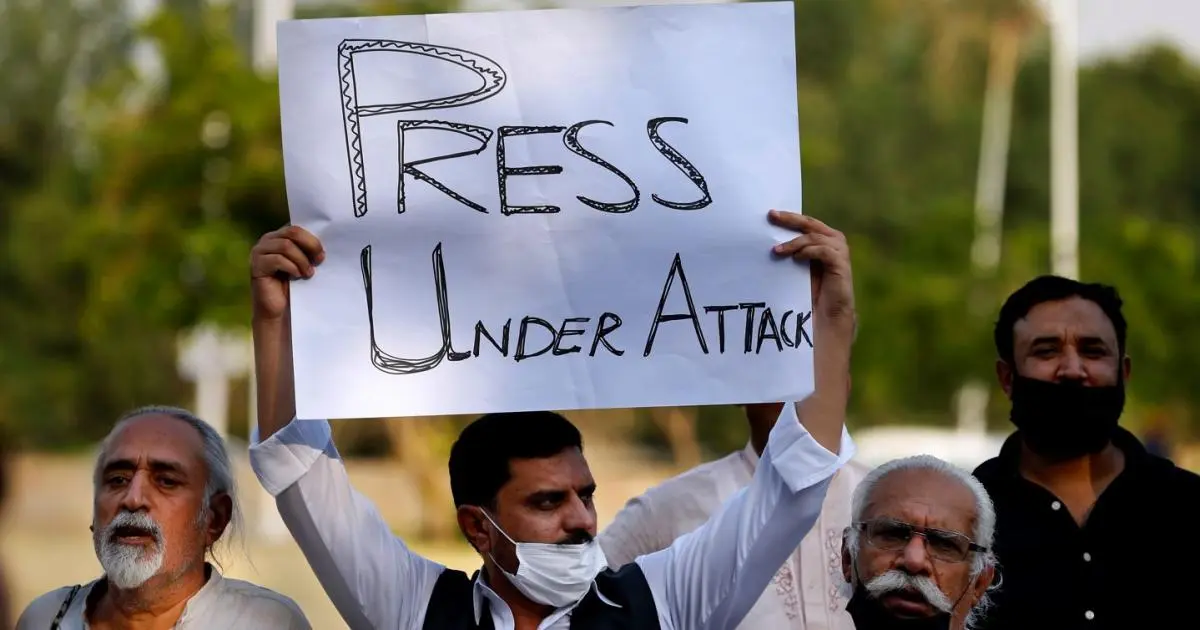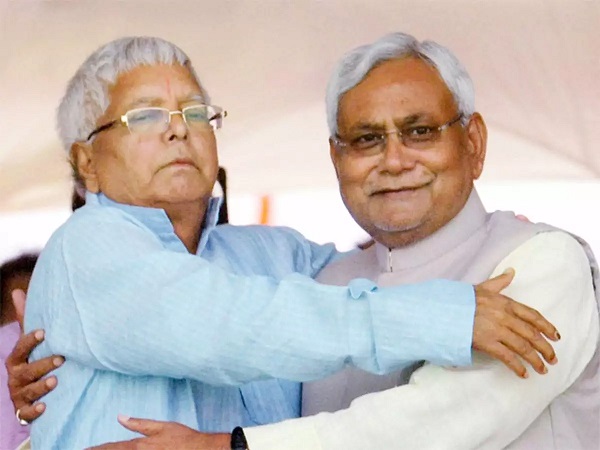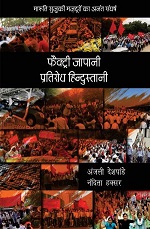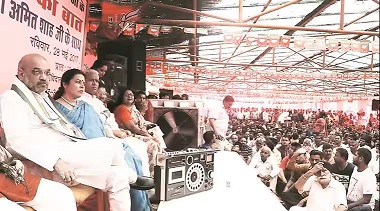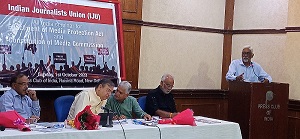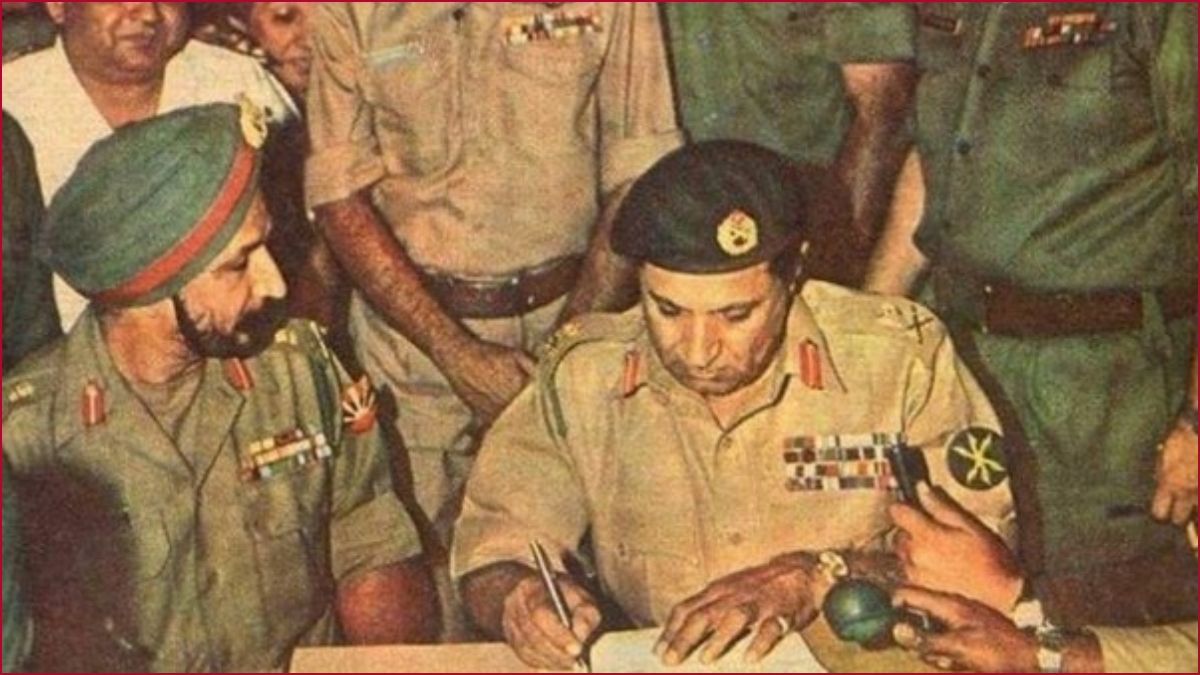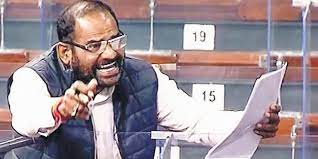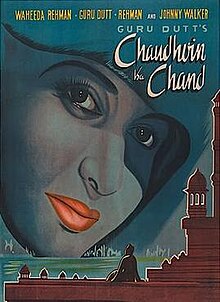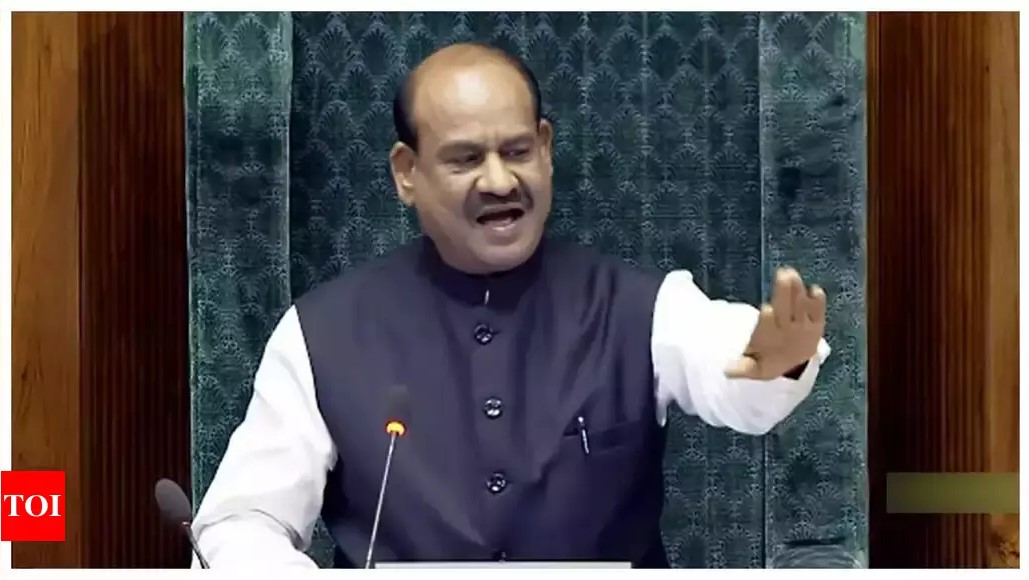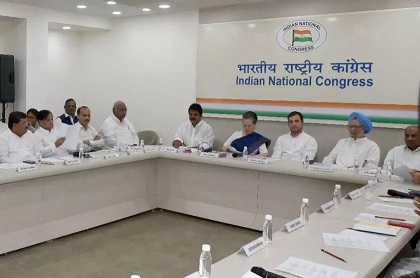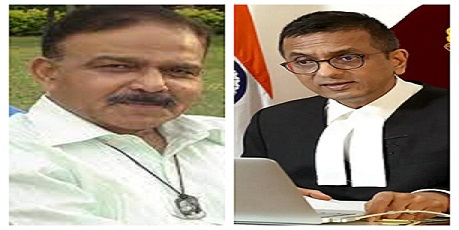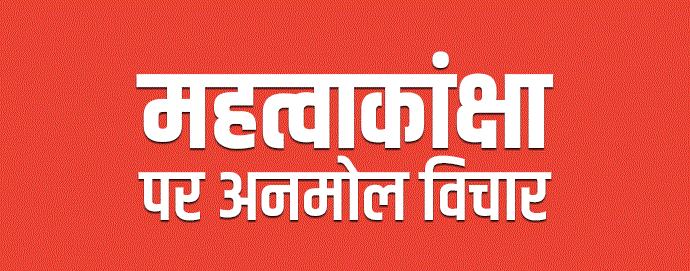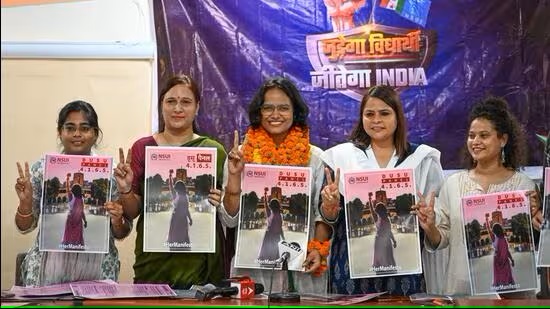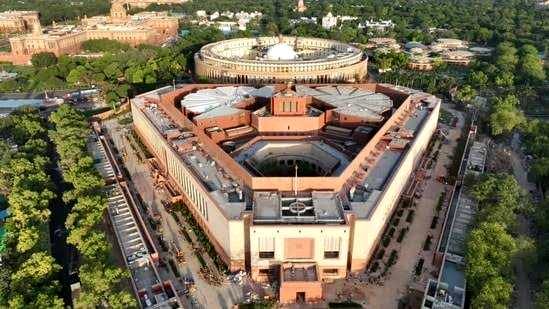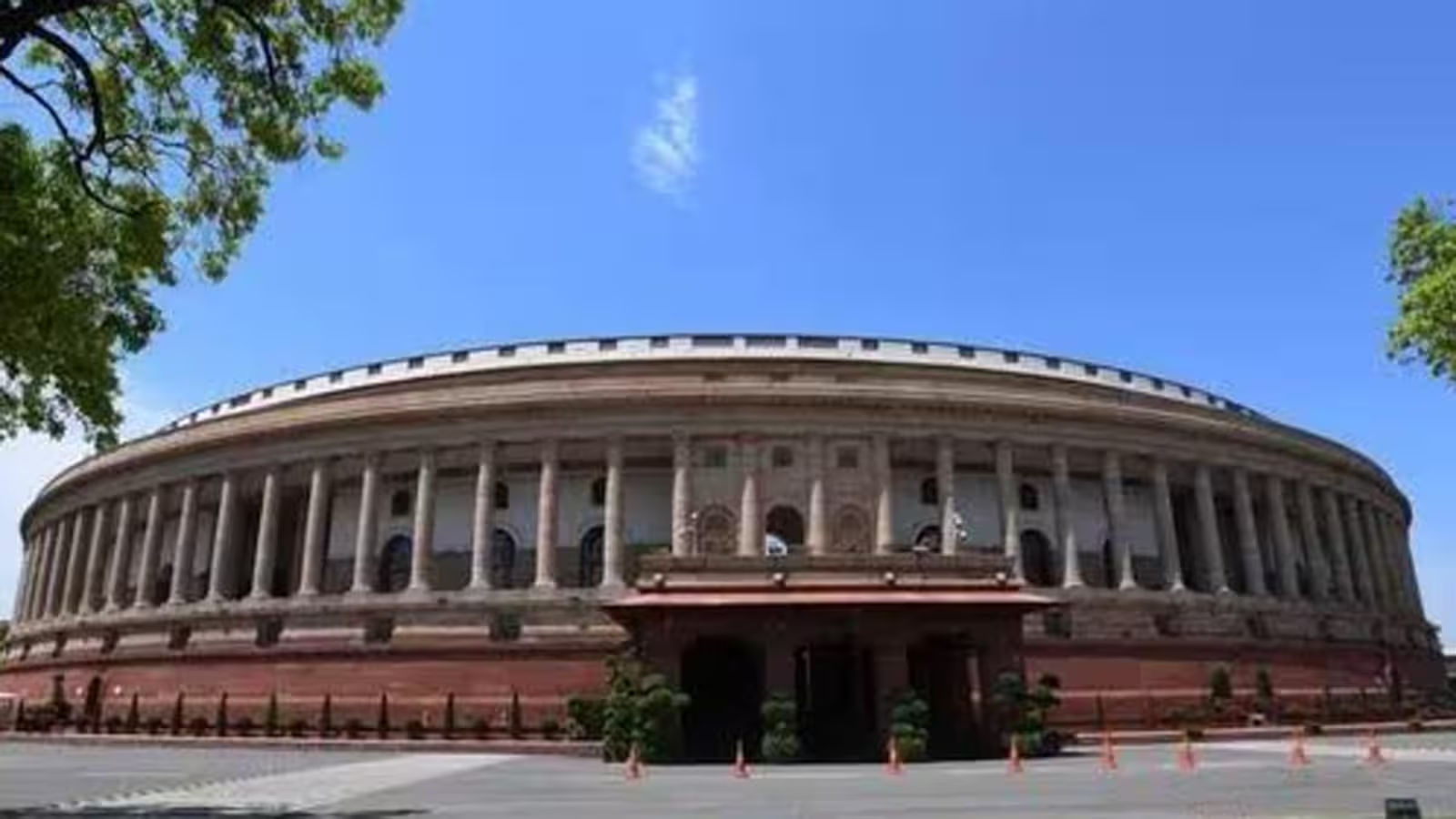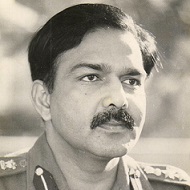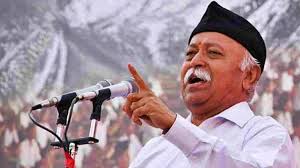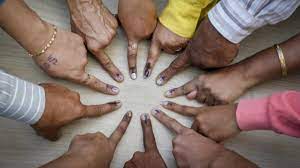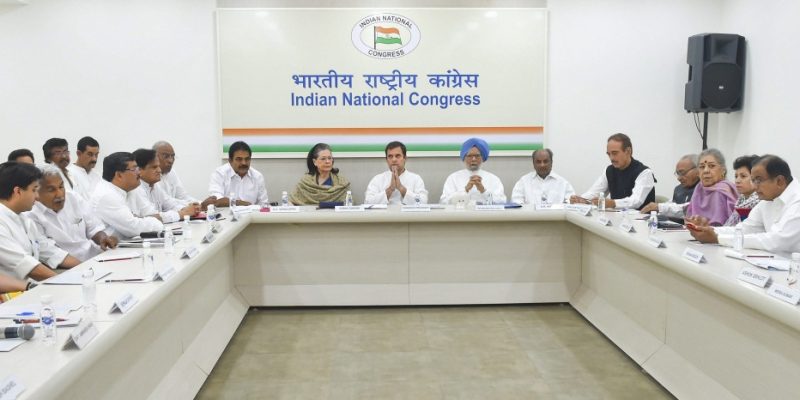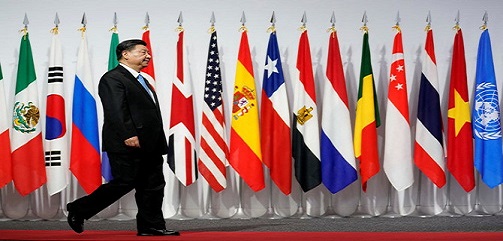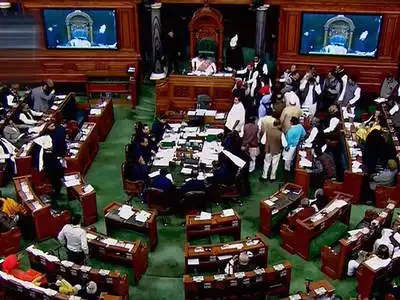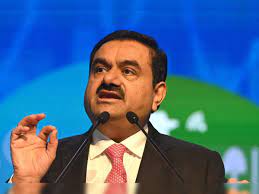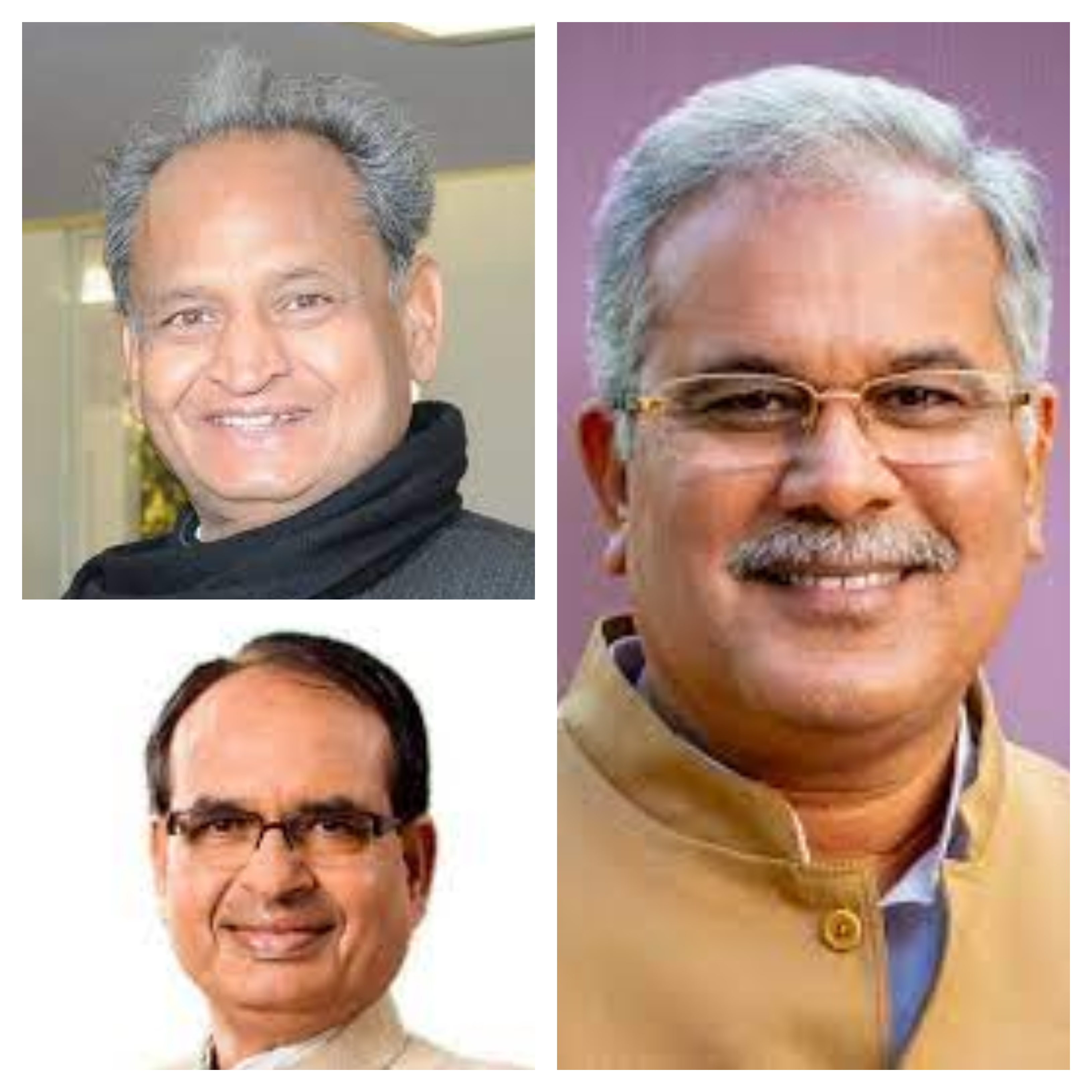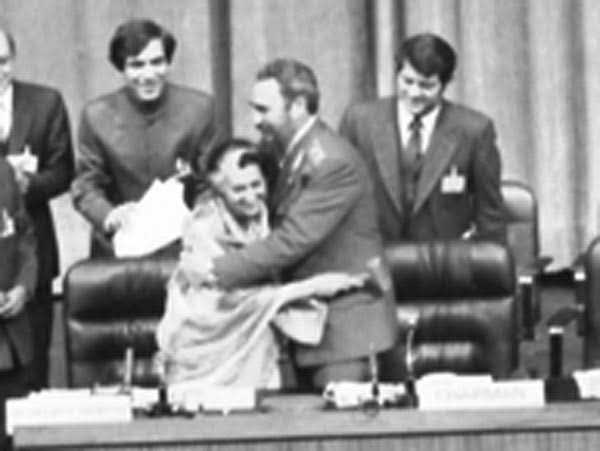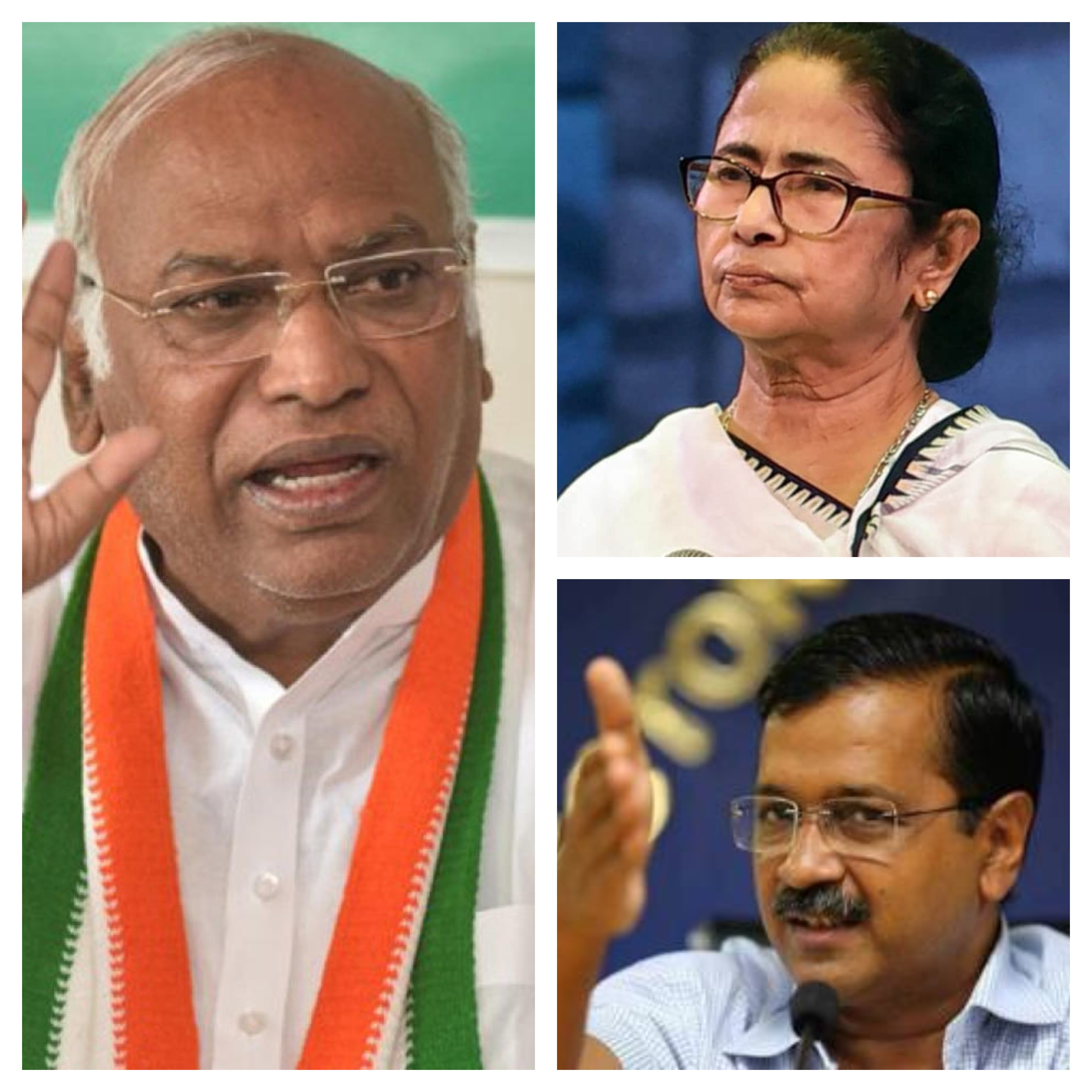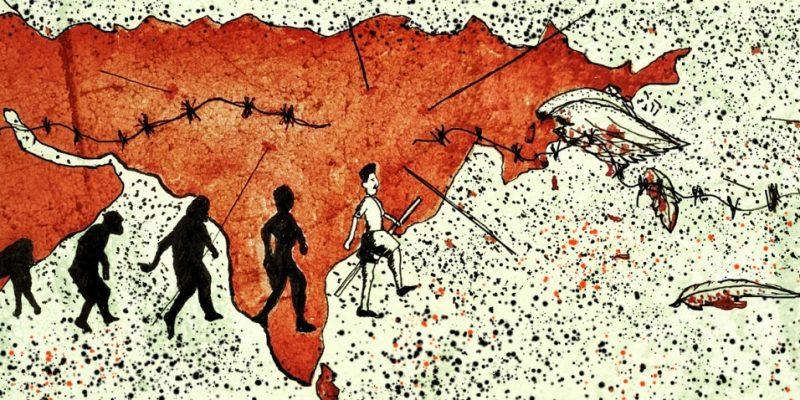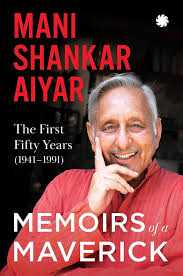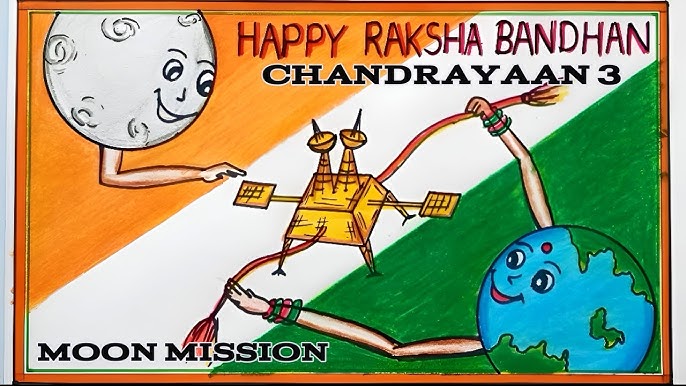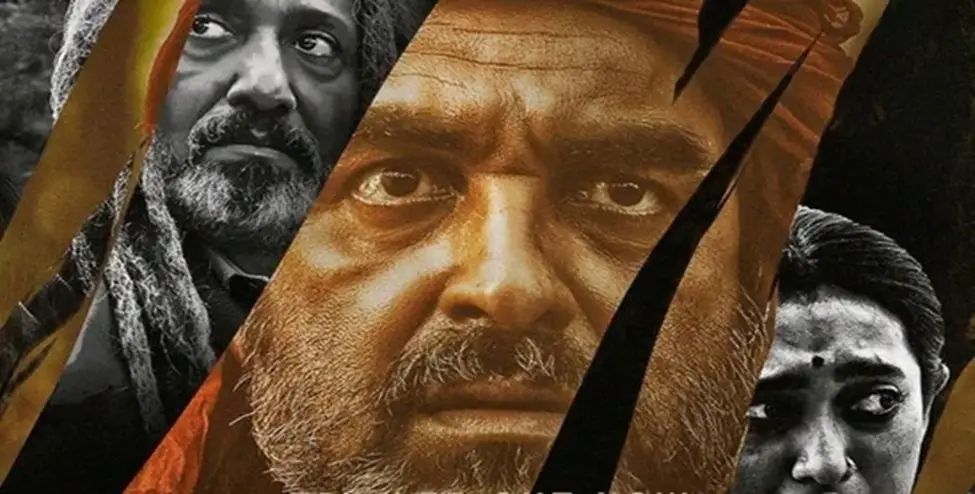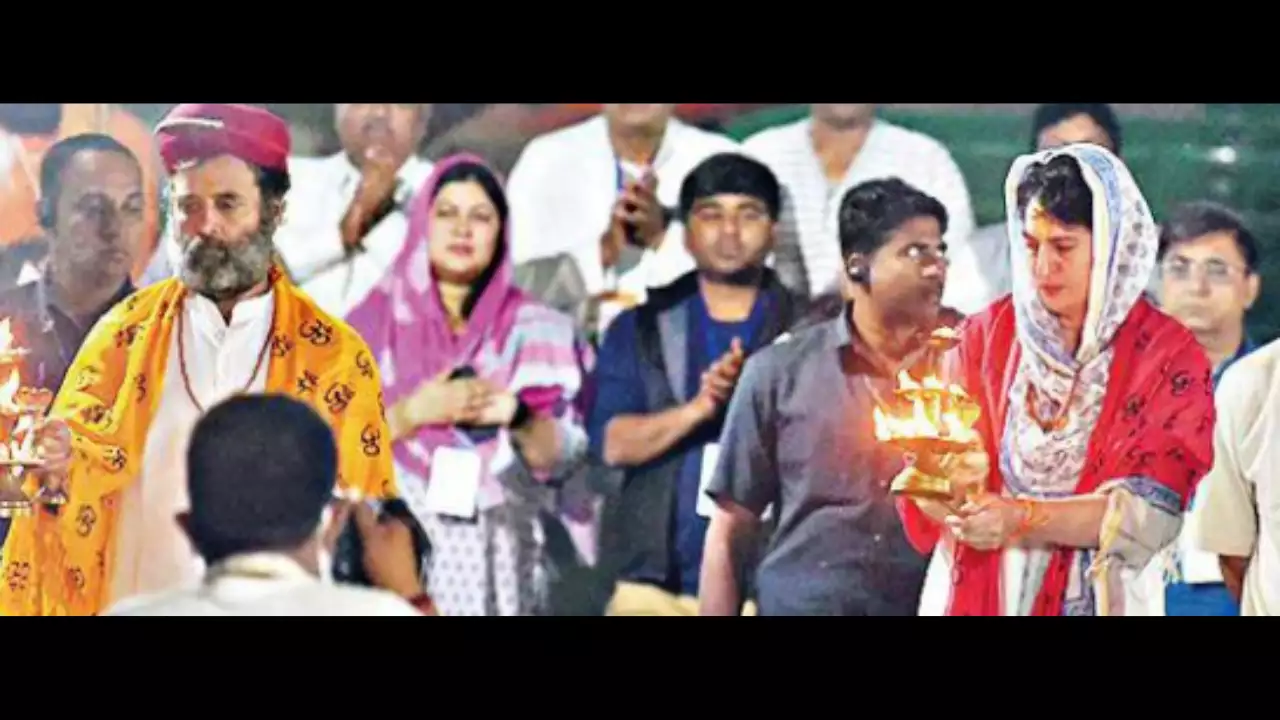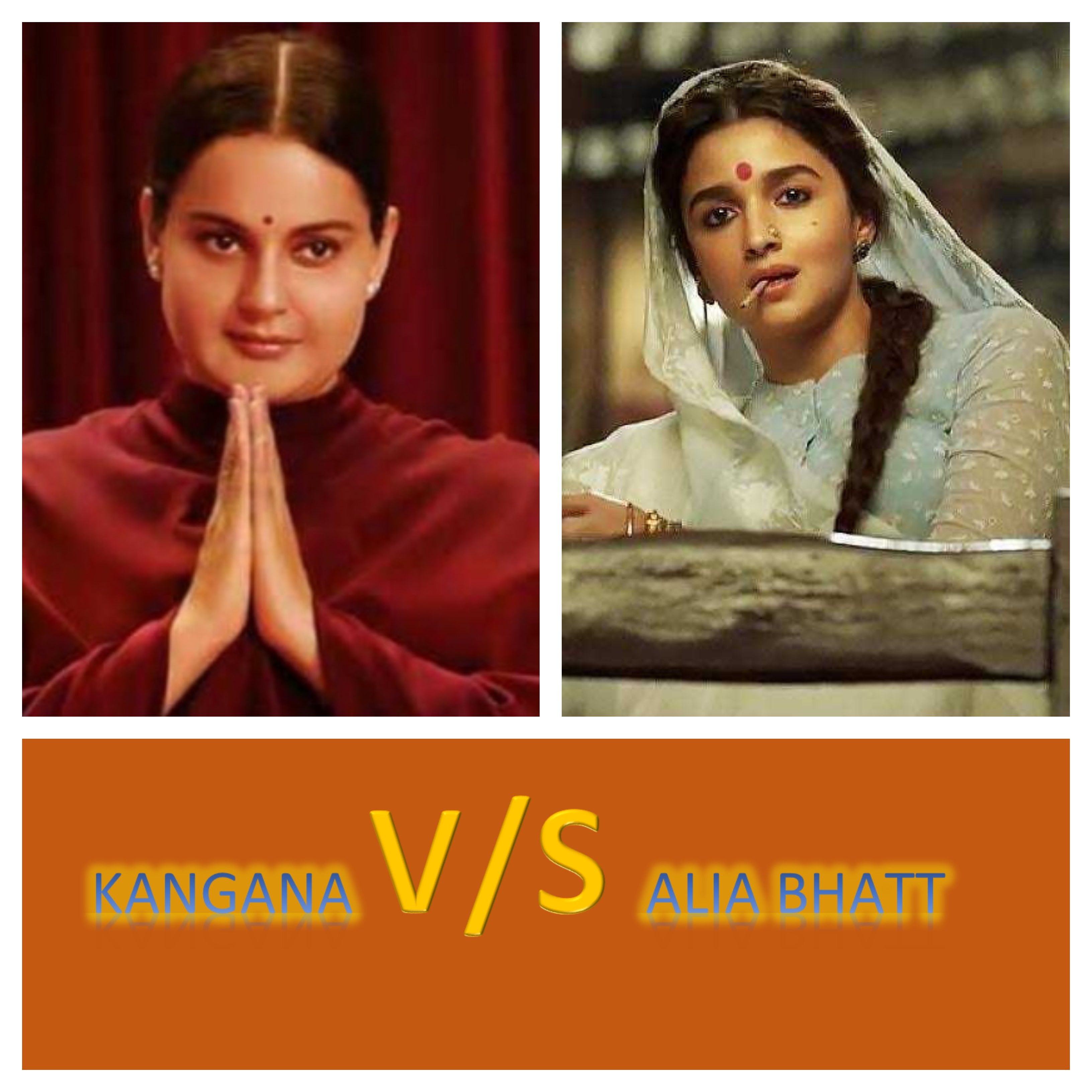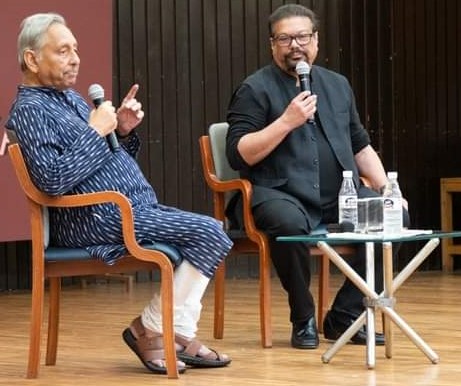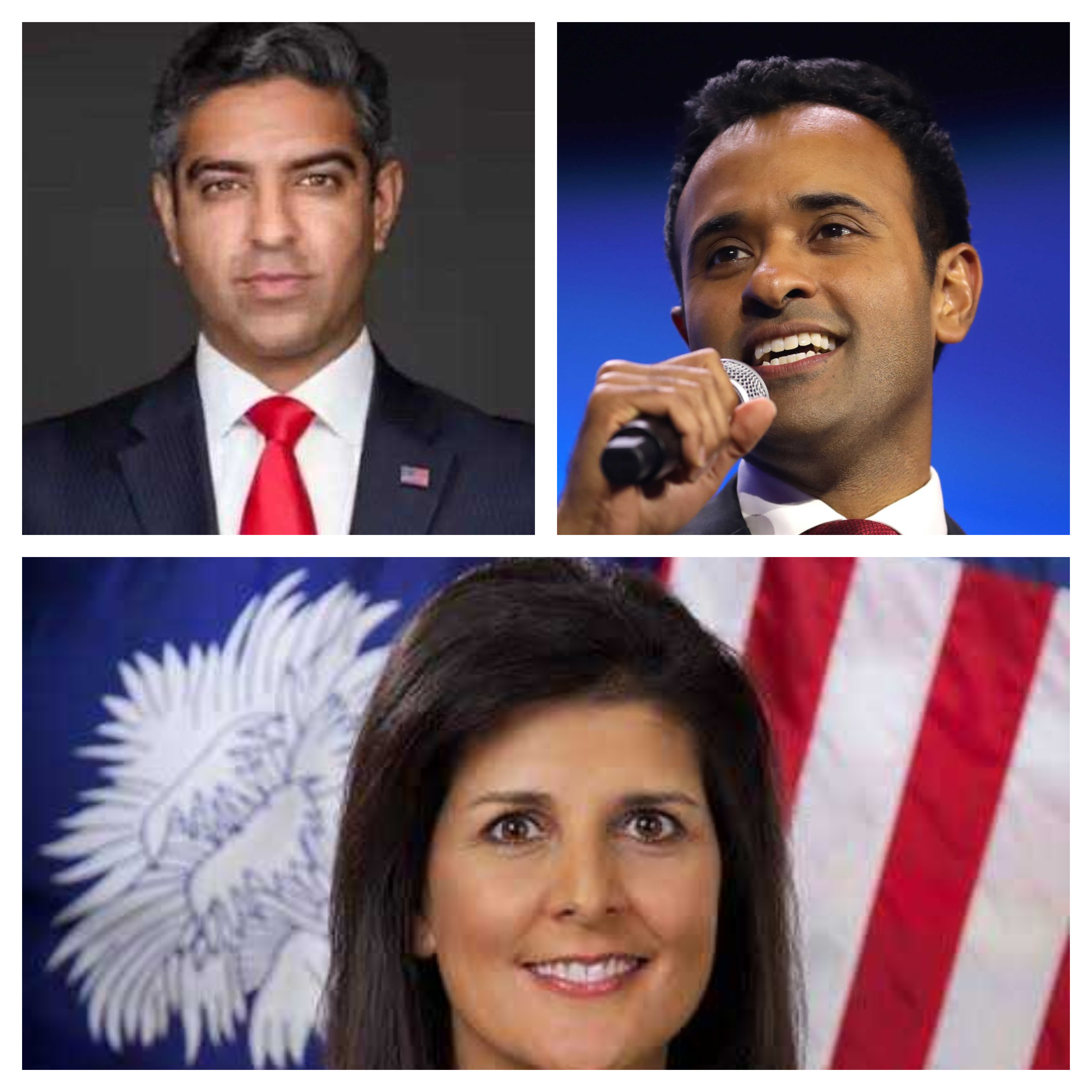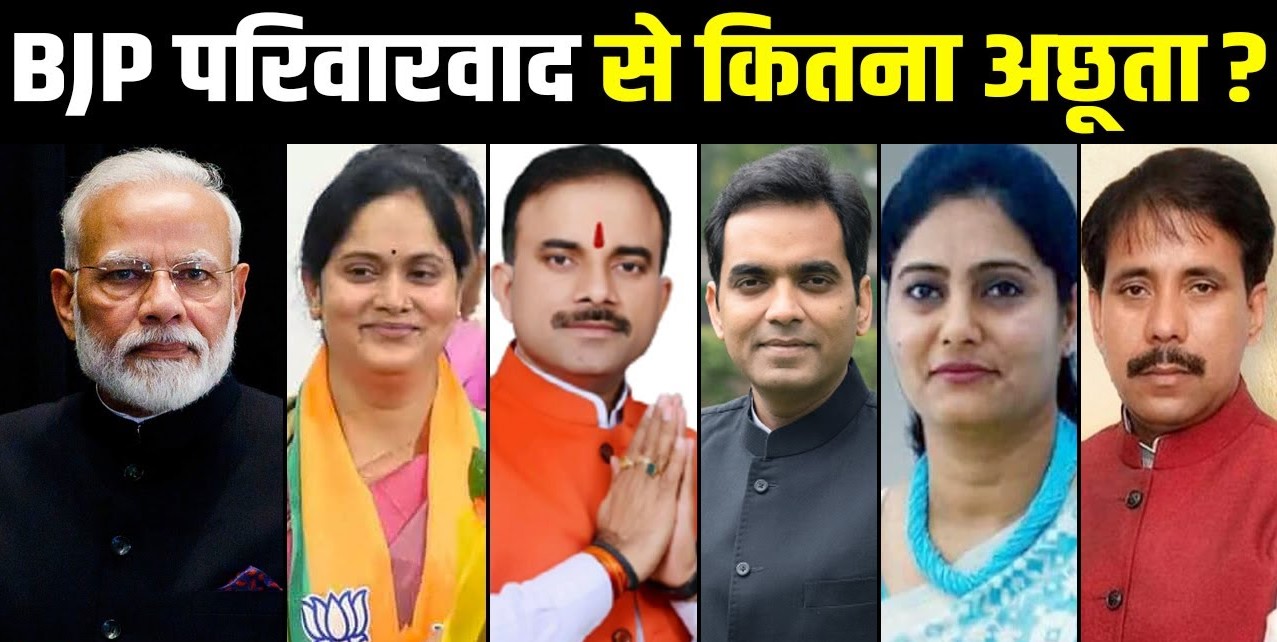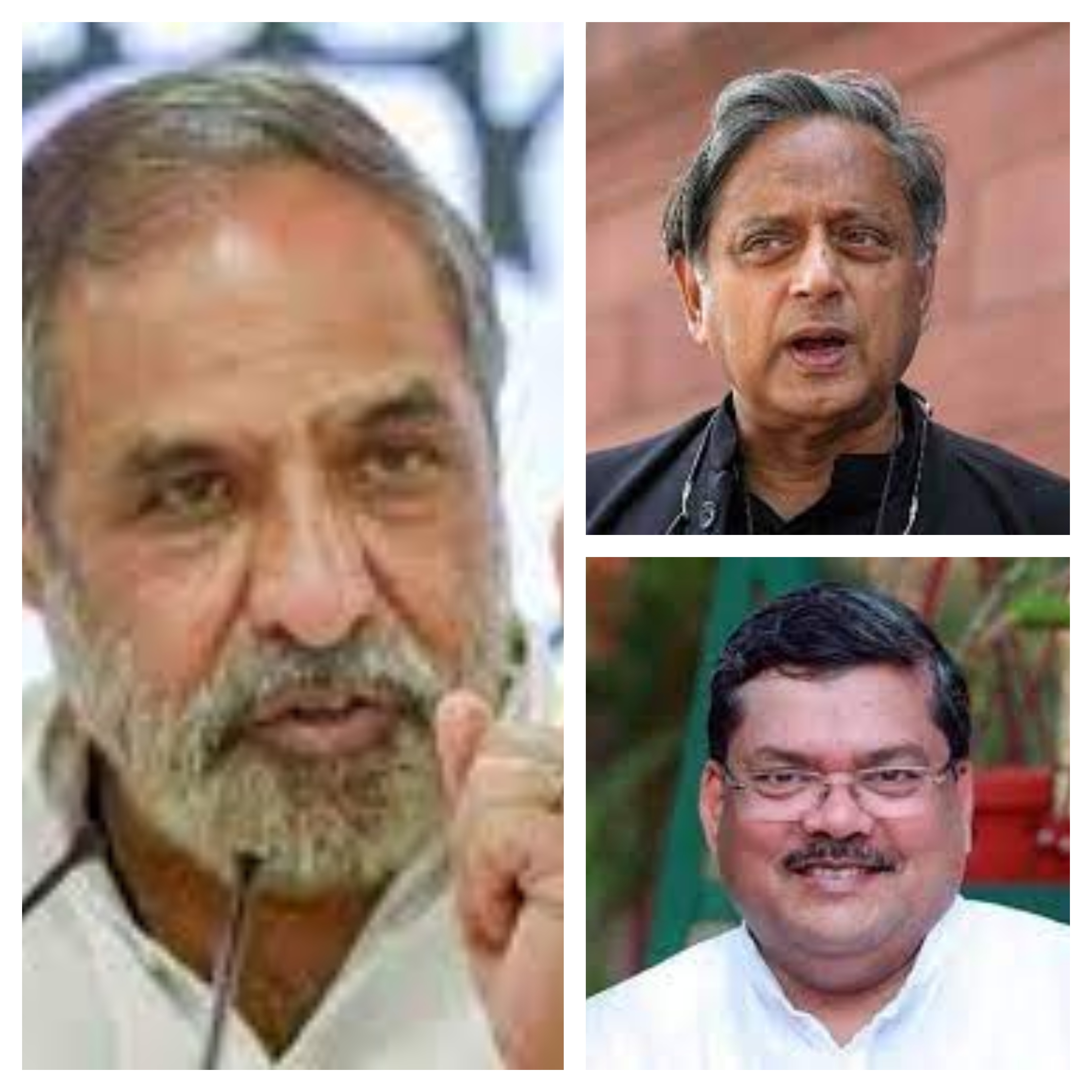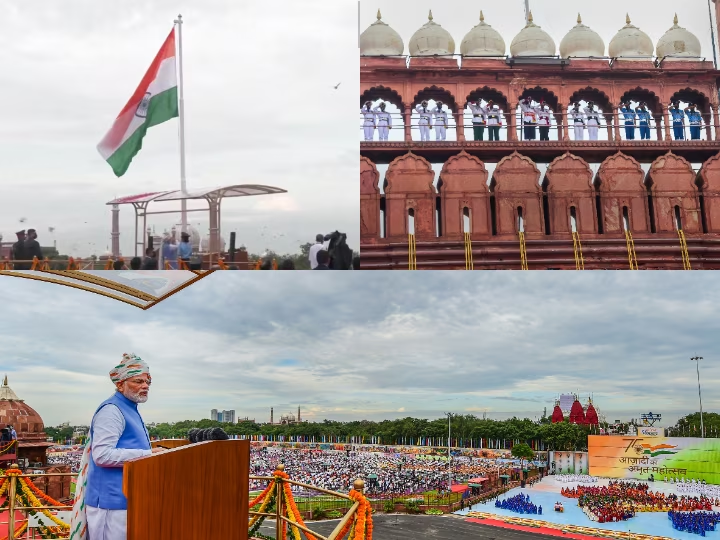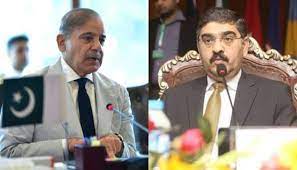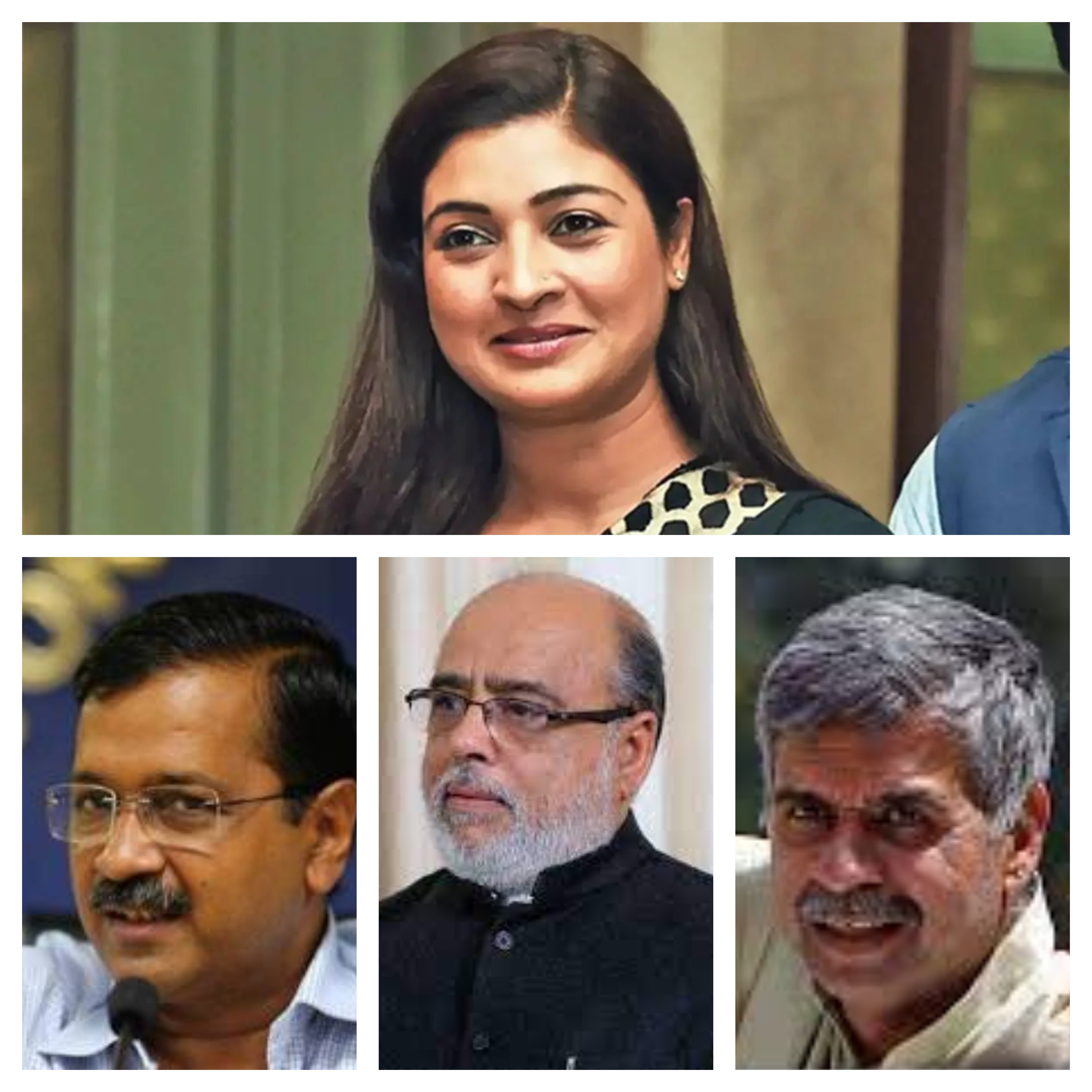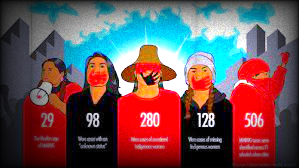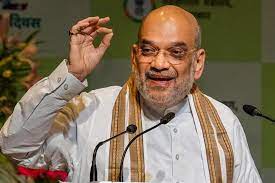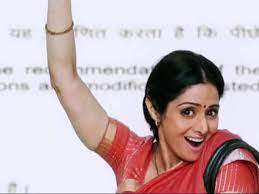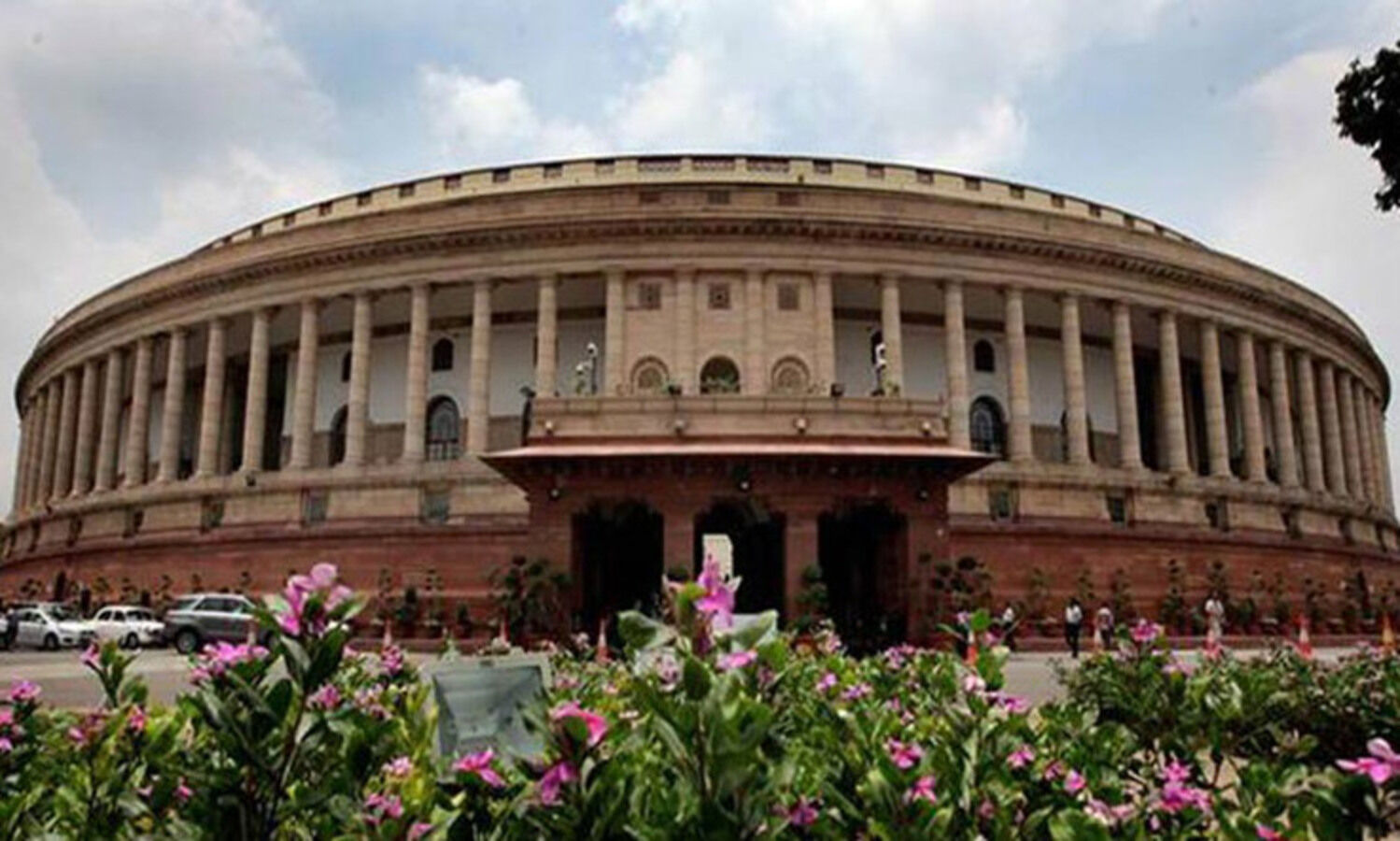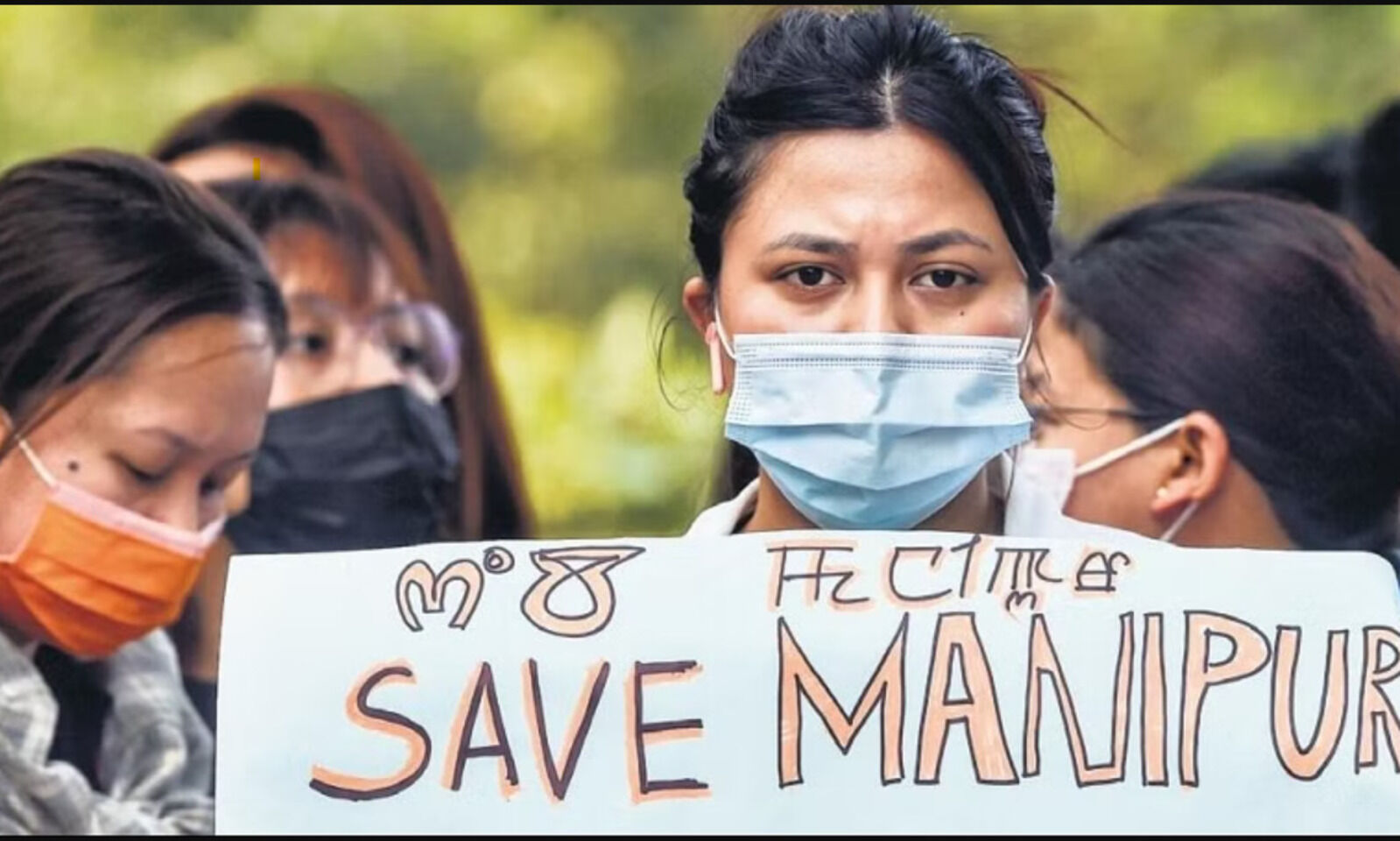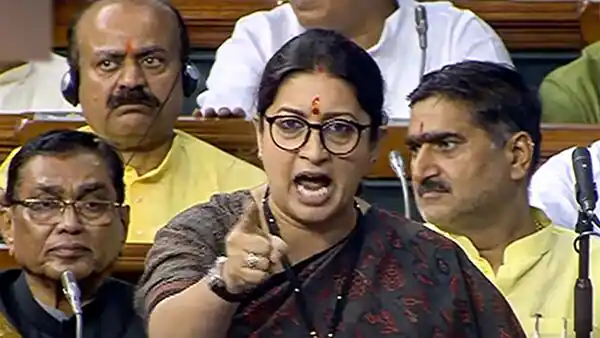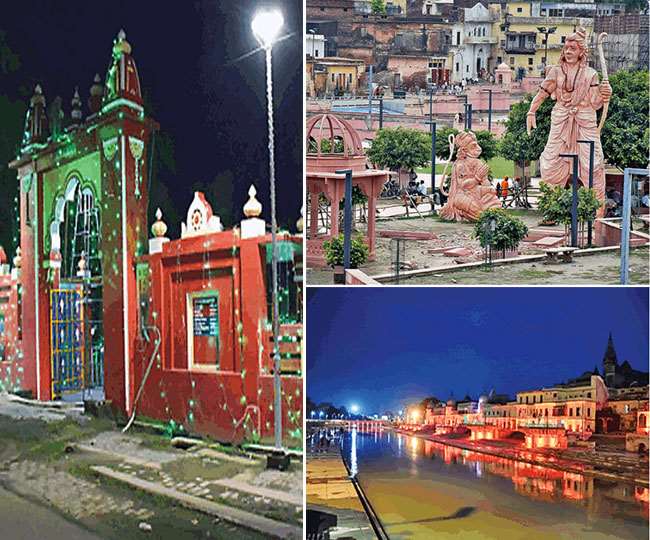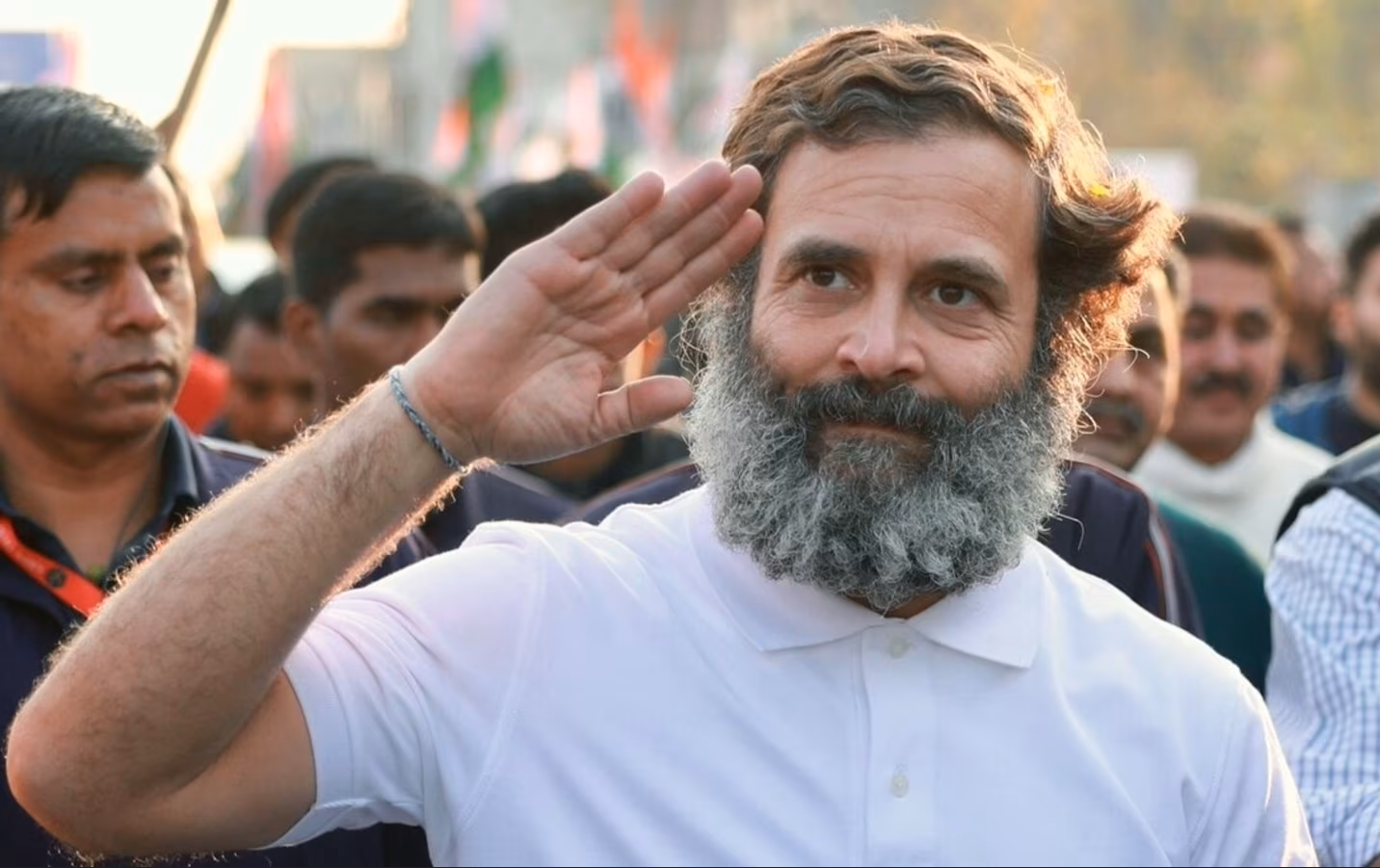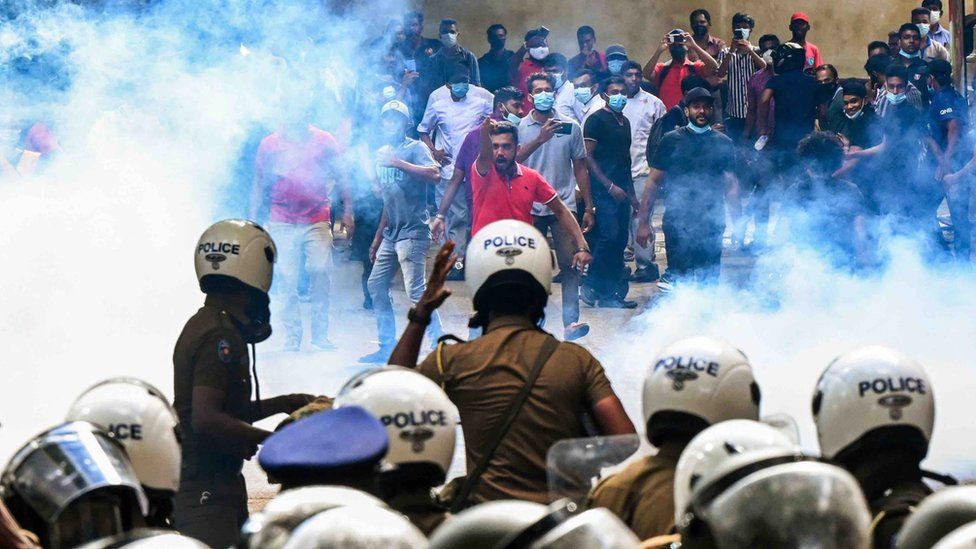21
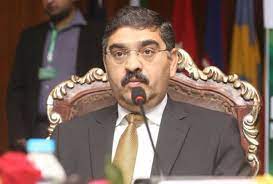
New Delhi, August 21, 2023
The Mystery of Baloch Kidnapping Revealed Extension Seeker Army Chief Bajwa Released 150 Freedom Fighters

Gopal Misra
The recent attack on Chinese engineers and technicians in Balochistan has reinvigorated the demand for tracing about 6000 missing Baloch freedom fighters since 2001. These missing people are either under the captivity of the Pakistani army or have been executed.
The anger of the Baloch people was recently revealed before a Pakistani television channel by Chairman Akhtar Mengal of the Balochistan National Party-Mengal Chairman Akhtar Mengal .
In a TV interview, he was expressing his displeasure over the appointment of Anwaar-ul-Haq Kakar, a nominee of Pakistani army as the caretaker PM, but justified his decision to support to the extension of the erstwhile Pak army chief, Qamar Jawed Bajwa. He stated that in lieu of supporting Bajwa’s extension, he had got 150 young Baloch freedom fighters rescued from the army’s illegal detention.
Meanwhile, Pakistani army as well as the Chinese are not revealing the numbers of their casualties ; they even claimed that during the two-hour encounter near the Gwador sea-port, it had killed two militants, and none among Chinese engineers was harmed.
The Baloch Liberation Army, a separatist group, has claimed responsibility for the attack. Meanwhile, Chinese Foreign Ministry Spokesperson Wang Wenbin, has stated that “China will continue to work with Pakistan to prevent and respond to the threat of terrorism, and effectively protect the safety of Chinese personnel, institutions and projects in Pakistan.”
Khan’s Confrontation with Army
In spite of Khan’s assurances to the people of Balochistan, the army under Bajwa did not initiate any move to release the people picked illegally by the army. The relationship with the army further worsened, when the protest of Khan’s supporters became violent in May this year. It included the attacks on military facilities in Lahore. It has prompted the army to prosecute Khan before military courts.
Pakistani Defence Minister Khawaja Muhammad Asif has said the military courts are a necessary punishment for rebellion against the state. “Whatever was happening on that day, it was a political party attacking the Pakistan army or air force,” he further stated in a media interview that “We are acting in response to that war which was declared on [the] Pakistan army on May 9.”
With their winning support of the GHQ, the coalition comprising as many as 11 disparate political outfits formed in 2020 under the banner of the Pakistan Democratic Movement (PDM) is now well-entrenched in the country’s power game. On April 10, 2022 through a no-confidence motion PDM finally ousted Khan and his PTI from power. Earlier, it appeared that PDM’s agenda was not only to oust Khan from power, but also assert civilian supremacy in the country’s governance, but later, Shehbaz Sharif, was seen echoing his loyalties towards the GHQ.
Earlier, PDM’s slogan was 'Vote ko izzat do', i.e. meant 'give respect to the sanctity of the vote'. It had also accused the army and its intelligence outfit, ISI, for manipulating and rigging the 2018 elections in favour of Khan.
Khan, however, was disillusioned with the army following his defeat on the floor of the National Assembly in 2022. Since then, he has been accusing GHQ’s active role in ousting him and has been holding big protest rallies in major towns of Punjab blaming the army for his ouster from the power. Earlier, during his tenure as PM, differences with his mentor, General Bajwa, on the issue of the posting of ISI chief Faiz Hamid as a corps commander, had hit the headlines. Faiz Hamid, who had ensured Khan’s elevation to the coveted office of the prime minister, was aspiring to become army chief. The removal of Khan from power had finally shattered his hope to lead the army.
Nawaz Sharif’s Return to Pakistan
It is yet to be seen whether after the Supreme Court’s decision not to allow the judicial review of his conviction, it is difficult to predict his return to Pakistan. It is also possible that the outgoing coalition partners, especially the Pakistan Muslim League-Noon (PML-N), might seek the review of apex court, when the present chief justice of Pakistan, Umar Ata Bandial, retires on September 16 this year, and he is replaced by Justice Qazi Faez Isa. His appointment has already been announced.
Much political drama is being awaited, if the former PM Nawaz Sharif, finally returns to Pakistan. He had accused in his broadcast speech from London, the then army chief Bajwa and Faiz Hamid for installing Khan on the Prime Ministerial post by rigging the 2018 General Elections.
It has been political acumen of Shehbaz Sharif of PML-N and the chief of the Paksitan People’s Party (PPP), Asif Ali Zardari, for finally wresting power from the army supported Khan and PTI. The apprehension is that Khan an icon of youths and having a sizeable support of the army generals and the apex judiciary might comeback, if his conviction is stayed till the polls.
Khan’s real reason for his ouster could be his failure to manage the army’s growing needs for more funds. The defence budget of Pakistan takes away more than 55 per cent of the national resources for maintaining its one million soldiers, including five lakh reserves. In this figure the strength of para-military estimated to be nearly 6.5 lakh is not included.
Khan’s Pleas Ignored
Before he was convicted for five years, Khan had been pleading like an abandoned begum of Mughal harem directly to the GHQ and also before media that he was keen to meet the new army chief, Munir Ahmad, but his please were ignored. Since he had opposed his elevation to the coveted post of the army chief, he also lost the favour of the new leadership of the establishment.
A disenchanted Khan, who had been the most ‘docile’ prime minister, appears to be still confused why he was being ‘punished’; he had been toeing the policies of the GHQ, whether it was any issue against India, especially after the abolition of the Article 370 of the Constitution ending the special status to the Jammu and Kashmir state, or snapping trade ties with India. However, his supporters are ‘hopeful’ that the army bosses might not oppose him, and he might get a stay on his conviction from higher courts, thus paving the way for his political rehabilitation.
It may be recalled that he was installed as a political face of the GHQ in2018, but his proximity with the army gave a bad name to the institution, which had been ruling the country directly or indirectly since 1947, when it was partitioned from India by the outgoing colonial power. The first military coup took place in 1958 under Field Martial Ayub Khan, who ruled till 1971, during 1977-1988, Zia-ul-Haq usurped power and had hanged the country’s first elected PM Zulfikar Ali Bhutto, who had appointed him as the army chief.
In later years, Pakistan’s first Mohajir army chief, Musharraf, whose father had migrated from Azamgarh in UP deposed PM Nawaz Sharif and had ruled the country between 1999 – 2008. Fortunately, Nawaz Sharif was not eliminated and he was allowed to leave Pakistan for his ailments to London. He, however, is expected to return to Pakistan to campaign for the poll campaign.
Shebaz’s Confession
It was candied confessions of a sitting PM in Pakistan, when
Shehbaz Sharif stated on the eve of the dissolution of the National Assembly that “It matters little to him for being branded as a stooge of the armed forces, popularly called establishment. He even boasted his proximity to the GHQ, perhaps paving the way for his victory in the forthcoming polls expected to be held in the next three months. He exposes that the route to power in Pakistan is only through GHQ.
During 1947 -2023, each of the past five prime ministers in Pakistan was either hanged or deposed by getting them convicted in cooked up cases before Kangaroo courts.
In spite of the GHQ’s interference in domestic politics, the outgoing PM Sehbaz Sharif states that “ it is the GHQ which has been ensuring security and integrity of Pakistan since its inception in 1947”. He further claims that Pakistan was “freed from the clutches of Hindus” in 1947, but he neither mentions the British colonial rule of 250 years, nor about the 1971 War, when the majority population of Pakistan had seceded to become Bangladesh.












































































































































































































































































































































































































































































































































































































































































































































































































































































































































































































































































































































































































































































































































































































































































































































